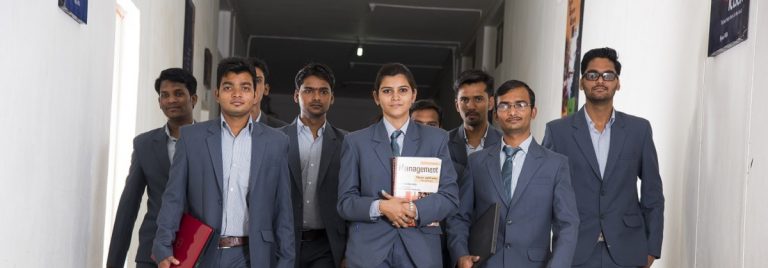
Graduates in India feel let down by the education system’s failure to equip them with the skills needed to become a success at work.
A recent study from Hindustan Times drew damning conclusions about the state of the Indian education system and its effect on employability and career success amongst recent graduates, with both millennials and Gen Z’ers feeling their education did not significantly contribute to them landing their first jobs.
Young people are feeling out of their depth during the first few years of employment, the survey found. Crediting a deficit of industry links, lack of practical experience and inadequate career counselling at universities for the shortcomings in employability following graduation.
Aimed at assessing the efficacy of India’s education system, the survey connected with 1,680 young professionals, men and women aged between 21 and 27.

Source: HT-MaRS survey
Those surveyed have been employed for three years or less, pursuing new-age careers – digital entertainment and media, retail, e-commerce, social media, digital advertising and media, and start-ups – in the six base metro areas: Mumbai, Delhi, Kolkata, Bengaluru, Hyderabad and Chennai.
Only 26 percent of those surveyed felt their education contributed highly to their interpersonal management skills – a key trait needed for interviews and employment.
A problem with the relevance and timeliness of university curricula was also highlighted with 74 percent of respondents saying their college and university syllabus and courses are not updated regularly.
An overwhelming majority of graduates across India’s major financial capitals – Mumbai (89 percent), Kolkata (86 percent) and Hyderabad (84 percent) – felt they lacked the necessary practical experience, and blamed the deficiency on inadequate industry-academia linkages.
Colleges also lack adequate career counselling services according to 79 percent of respondents.
A historical focus on rote learning – or memorising facts to be regurgitated – is still prevalent in much of India’s educational system and can lead to graduates attaining good grades but failing to pick up the skills needed for innovation or out-of-the-box thinking that is so vital in today’s modern workplace.
86% says there is no industry-academia linkage, 74% says syllabus is not updated : HT-MaRS survey in top 6 metros #Education #India https://t.co/ojcPynwwLl
— Asok Kar (@Asok_Kar) August 14, 2017
Where some may lack in skills, however, they make up for in character with 26 percent of millennials and Gen Z’ers feeling they secured jobs through the sheer power of their personalities alone.
A case was also made for self-development and taking it upon yourself to bridge the gap inadequate education has left, with 24 percent of respondents believing personal initiatives to improve their skills paid off when it came to landing a job.
Despite the negative outcome of the survey, founder of global learning company XSEED Ashish Rajpal told Hindustan Times the future isn’t all bleak if the system can be overhauled at primary school level.
“Today we work with over a million children in over 3,000 schools and have visible evidence foundation for employability skills can be laid early at the elementary schooling stage,” he says.
By encouraging children at a young age to engage with the world around them in order to gain a deeper understanding of the theory, they learn more practical real-world experience and bolster their communication skills and confidence to boot.
Liked this? Then you’ll love these…
India’s student startup founders get opportunity to pitch to Silicon Valley players
India: More international students applying to Delhi University







